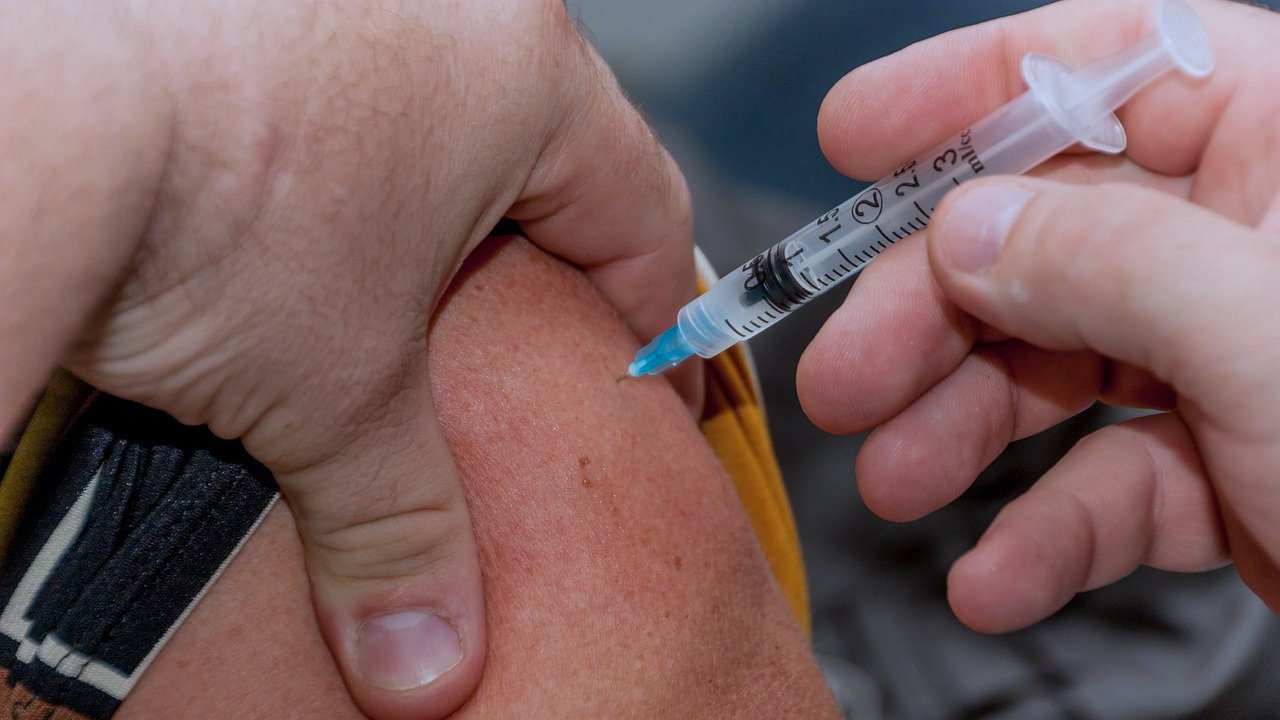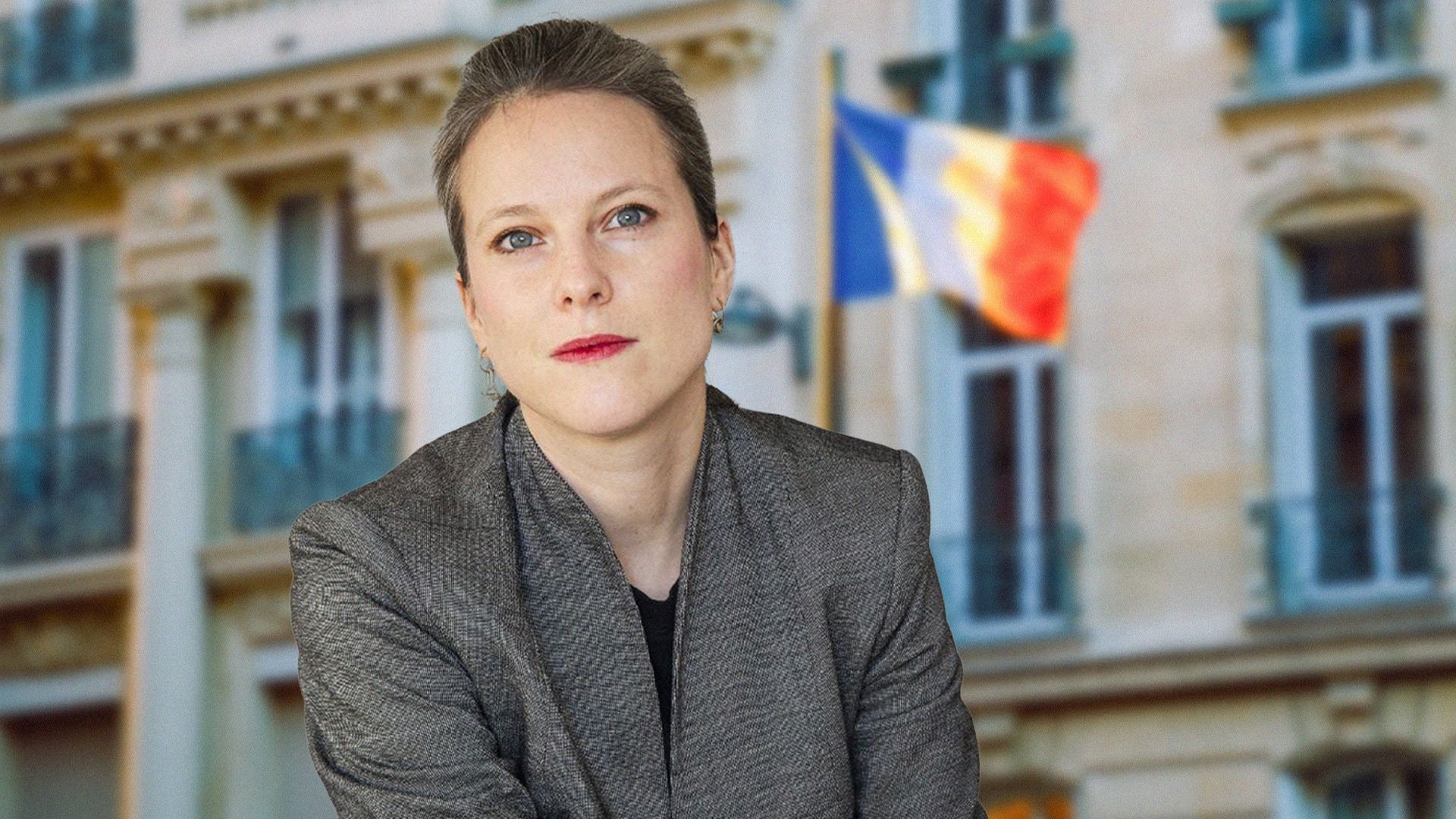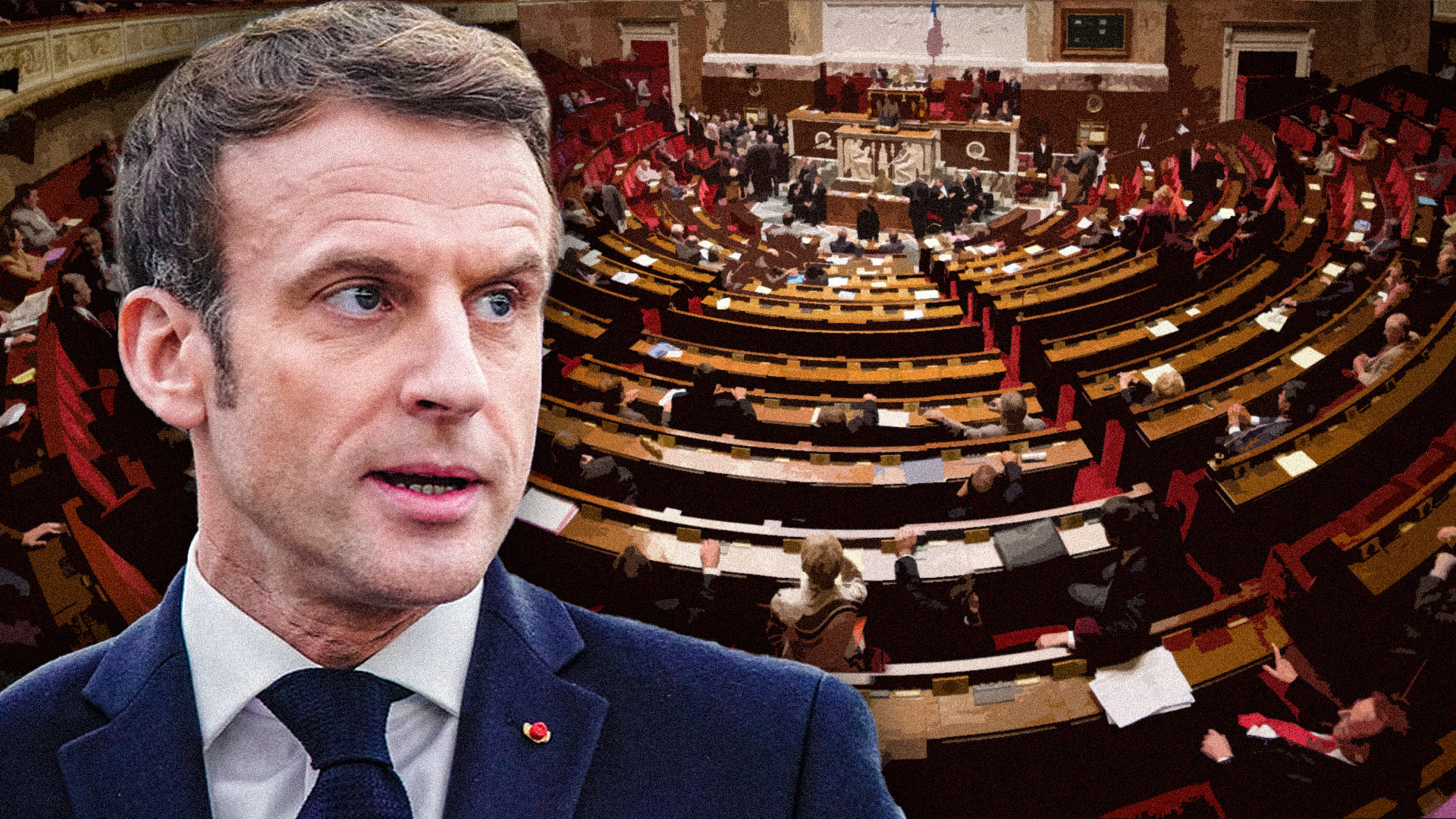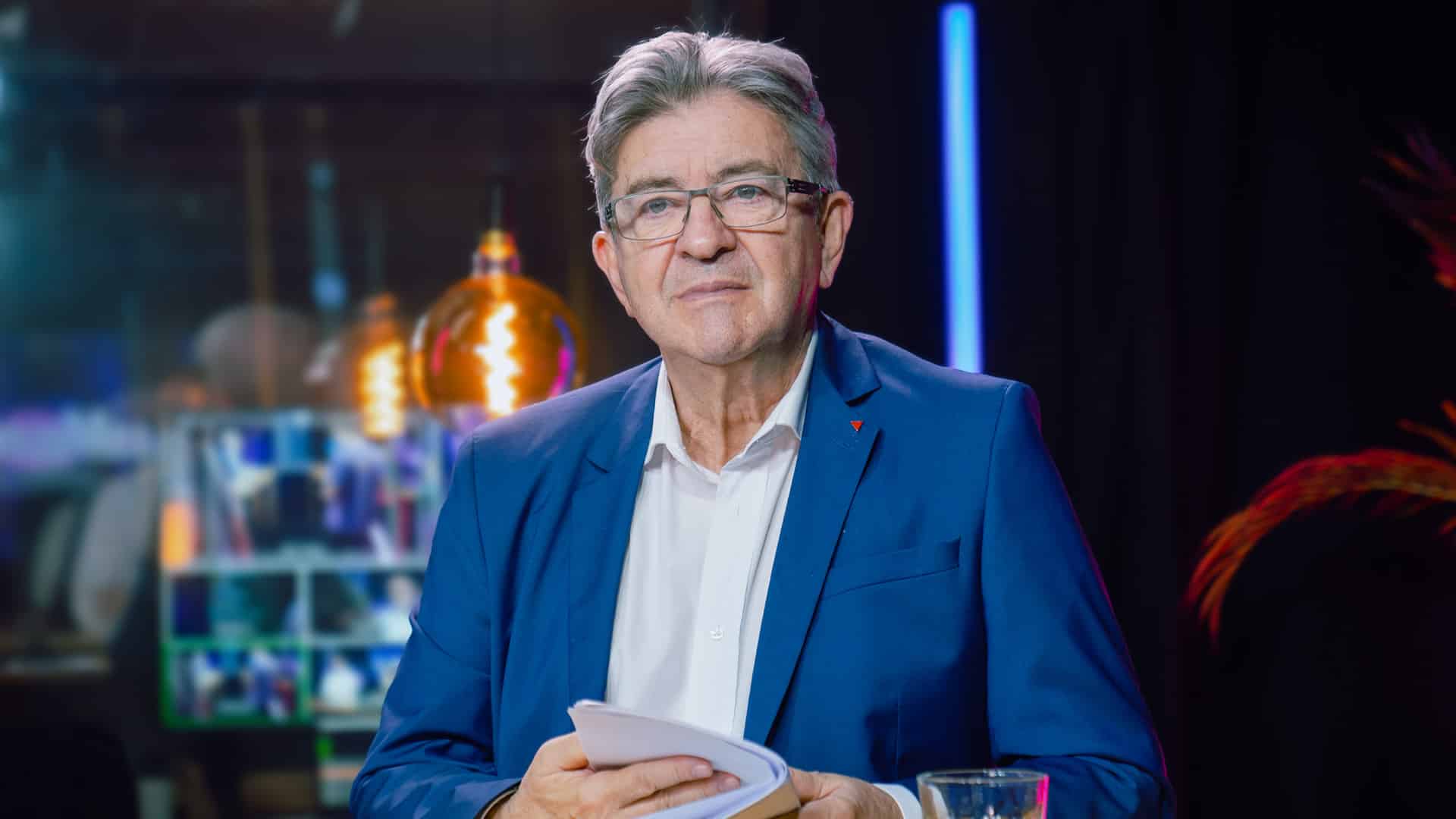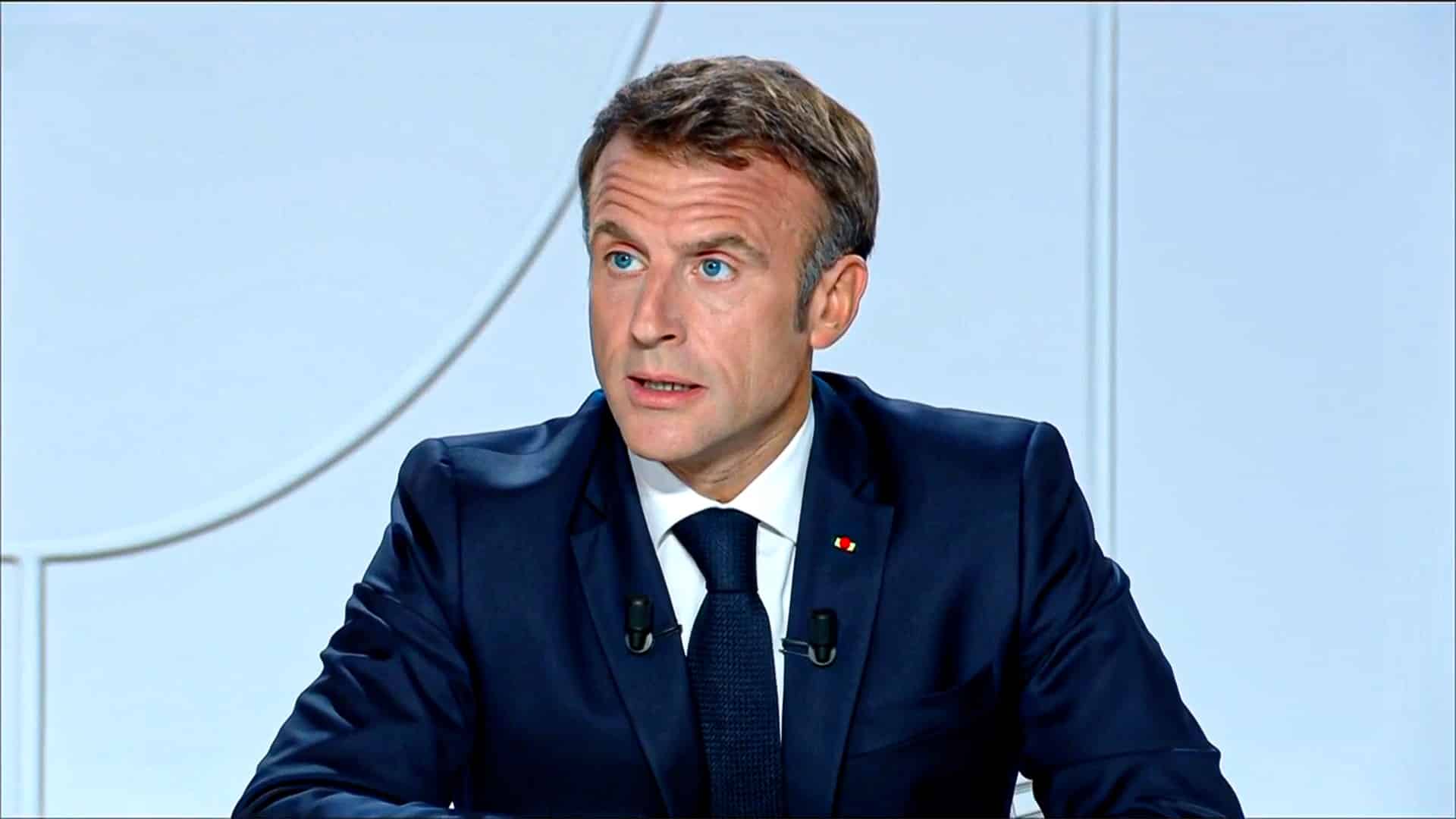This tribune was published in the French newspaper Liberation. To read it in French click here / Pour lire cette tribune en français, cliquez ici.
Humanity has confronted Coronavirus epidemic for over a year now. Covid 19 has killed more than 2 million people and disrupted the lives of billions due to lockdowns and restrictive measures used to mitigate its effects. The first victims of the pandemic are the poor. Overcrowded housing, work in higher risk occupations, and limited access to quality healthcare allows the virus to spread faster among those with few resources. Distressed by the temporary halt of the global economy, many have fallen into poverty.
Since the end of 2020, vaccines are gradually receiving authorizations in several parts of the world. Developed in record time using different scientific techniques, several are already prepared for use. This feat is the result of the exceptional mobilisation of thousands of researchers around the world, particularly in public institutions such as universities. It is also the result of funding from governments – in other words, the peoples of the world, who paid more than 10 billion dollars for vaccine research alone.
However, a few « big pharma » multinational corporations are making all the profits from the development of Covid vaccines. Pfizer, U.S. pharmaceutical company, expects its vaccine to rake in $15 billion by 2021. Vaccines, which are so vital for humanity, are treated as commodities. Private companies decide who receives vaccines and at what price. This privatisation of vaccines, a « common good » according to the WHO, curbs their distribution. A minority of rich countries already laid claim to most of the available doses. In the rest of the world, some countries have to pay two and a half times more for the same vaccines. Oxfam estimates that a vaccine should cost no more than $3.40 for truly universal access. We are still far from that. Even in Europe, private laboratories are not able to produce and deliver vaccines as quickly as they promised.
For these reasons, we propose to remove the patents on vaccines and future treatments against Covid. Money should not be a barrier to global health. In many countries, there are open licenses, ex-officio licenses or compulsory licenses. They allow free manufacture and distribution of vaccines. We call on the leaders of these countries to use them as soon as possible. This policy action will save millions of lives, lower the price of vaccines, and accelerate their production.
Jean-Luc Mélenchon president of the french assembly group La France Insoumise, Luiz Inácio Lula da Silva former president of Brasil, Rafael Correa former President of the Ecuador, Jean Ziegler vice-president of the consultative committee of Human Rights of United Nations, Oskar Lafontaine, former german finance minister, Ernesto Samper former Colombian president, and General Secretary of the United Nation of South America UNASUR, Saúl Méndez Rodriguez former candidate for Panamà presidency, James Galbraith US economist, Hamma Hammami tunisian politician and human rights activist, Biram Dah Abeid opposition leader of Mauritania and laureate of the UN Human Rights prize, Veronika Mendoza presidential candidate in Peru, Manuel Zelaya former President of Honduras, Marcos Enríquez Ominami former candidate of Chile, Nazieh Saghieh executive director of la Legal Agenda, Lebanon, Ignacio Ramonet former director of the Monde Diplomatique, Eric Toussaint committee for third-world debt abolition, Aminata Traoré former minister of culture of Mali, Oumar Sissoko former minister of culture of Mali, Gleisi Hoffmann President of the Worker’s Party, Amado Boudou ex-Vice President of Argentina, John M. Ackerman, National Autonomous University of Mexico, Maite Mola Vice-President of the European Left Party, Rodriguo Muncada Water activist, Chile, Manu Pineda spanish member of european parliament (Izquierda Unida), Oscar Laborde vice-president of the Mercosur parliament, Marc Botenga blegium member of parliament, Serge Bambara dit Smockey hip-hop artist and spokesperson of Balai Citoyen in Burkina Faso, Malin Björk swedish member of european parliament, Nikolaj Villumsen danish member of european parliament, Idoia Villanueva spanish member of european parliament, Silvia Modig finnish member of european parliament, Mabrouka M’barek former member of the Tunisan Constituant Assembly, Abdourahmane Sano coordinateur du Front national pour la défense de la constitution (Guinée), Alaa Talbi exécutive director of the Tunisian Forum for Economic and Social Rights, Enrique Santiago spokesperson of the spanish parliament group Unidas Podemos, Gerardo Pisarello spokesperson of the spanish parliament group Unidas Podemos, Amparo Botejara executive commission of Podemos in charge of health, Rosa Medel spokesperson of the spanish parliament group Unidas Podemos, Laura López spokesperson of the spanish parliament group Unidas Podemos, Juan Carlos Monedero president of the Podemos think thank, Binod Shrestha, president of the General Foundation of Nepalese Trade Unions (Gefont) in Népal, Adolfo Mendoza president of the andinian parliament, Sigifredo Reyes former president of the San Salvador Legislative Assembly, Cuauhténoc Cardenas Solozarno former candidate for Mexico Presidency, Fernando Buen Abad Dominguez mexican philosopher, Pablo Rebolledo director Foro latino-american de derechos Humanos FODALCH, Hector Diaz Polanco mexicain writer, Paco Ignacio Taibo II mexican writer, Pedro Salmeron mexican historian, Paloma Saiz Tajero cultural activist Mexico, Lorenzo Meyer mexican historian, Jorge Eduardo Navarrete mexican diplomat, Roberto Eibenschutz Hartman architect and writer, Ging Quintos Deles former adviser to the Philippin President for the peace process, everywoman David Ibarra Munoz former finance secretary of Mexico, Paola Pabon governor of the Pichincha province in Ecuador, Costas Lapavitsas economist, ex greek member of parliament, R.C Khuntia former member of the indian parliament, Chandrah Prakash Singh INTUC unionist in India, Velayutham Ruthiradeepan unionist, Vice-President of the National Trade Union Federation in Sri Lanka, Bienvenu Matumo spokesperson of La Lucha, Democratic Republic of Congo, Rafael Barjas director of the Morena formation institute, Blanca Alpina Montoya Camarena member of the internal council of Morena, Maria del Consuelo Sanchez Rodriguez member of the internal council of the Morena formation institute, Maria Elvira Concheiro Borquez member of the Morena formation institute, Katya Colmenares Lzarraga member of the internal council of the political formation of Morena, Felipe Arturo Avila Espinosa member of the internal council of the political formation of Morena, José Carlos Manuel Valenzuela Feijo member of the internal council of the political formation of Morena, Armando Bartra Verges member of the internal council of the political formation of Morena, José Guadalupe Gandarilla Salgado member of the internal council of the political formation of Morena, Lorena Paz Paredes member of the internal council of the political formation of Morena, Guilherme Boulos former candidate for President of Brazil, Oscar Andrade uruguyan senator, Juan Castillo, general secretary of the Communist Party of Uruguay, Susana Muniz former health minister of Uruguay, Miguel Fernandez Galeano former health vice-minister of Uruguay, Belarmino Balbuena patriotic party of Paraguay, Mónica Medina director of the Radio Television Popular of Bolivia.


